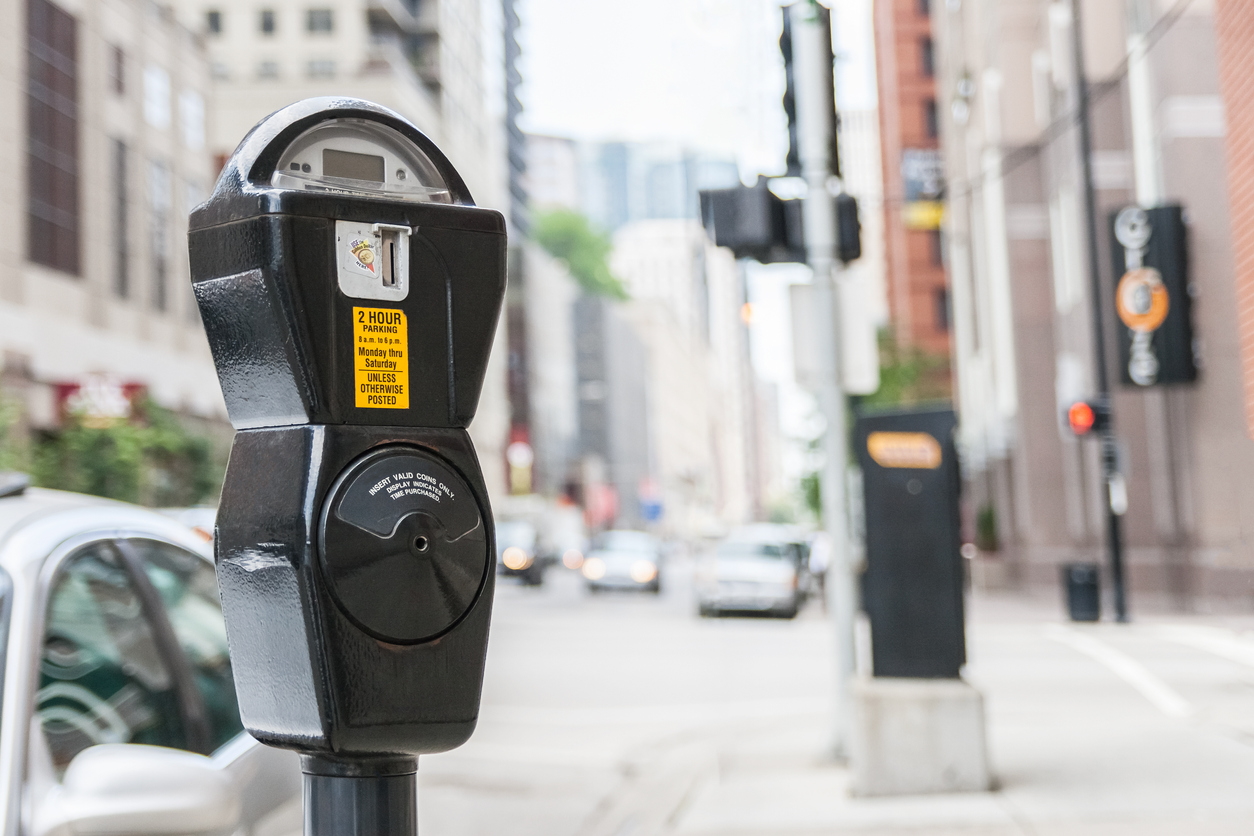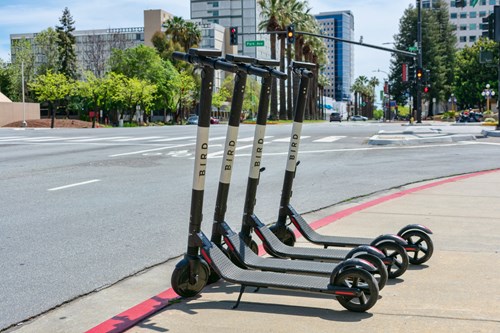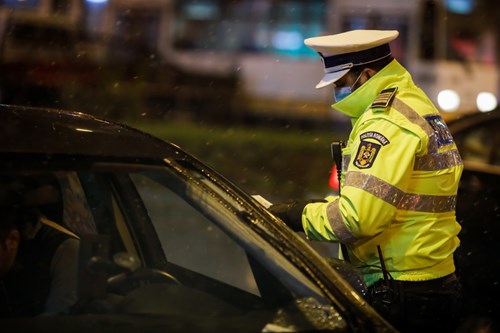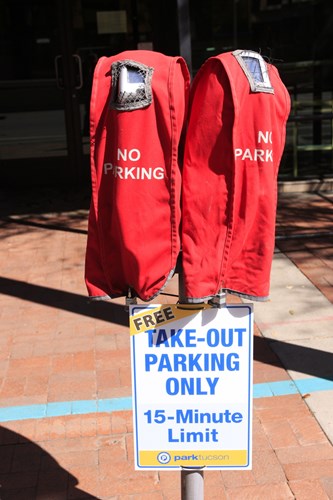
Following on from our previous blog post exploring the impact of Covid-19 on European cities, we delve into the effects it has had on municipal parking in the United States. During the Parking Network Virtual Conference parking experts from Washington, Milwaukee, Bend and Denver discussed what measures they had introduced in their cities and how they will adapt going forward.
The discussion made clear the similarities and differences between city parking on either side of the Atlantic. Whilst cities in both Europe and the United States have taken similar action with parking enforcement, differing curb usage has created a unique set of challenges and possibilities in the United States.
What Adaptations Have You Implemented?
Parking meters have been shut up and bagged and mobile parking systems introduced. Parking, valet, and carshare spaces have also been reassigned as loading bays and drive-through pick-up lanes to accommodate delivery whilst demand is higher.

Having made initial changes, municipalities have begun looking at ways to repurpose the curbside to better support restaurants and retail. Extending sidewalks into parking spaces has created the possibility for curbside dining, and many cities are taking the opportunity to reassign parking lanes on a more permanent basis to support pedestrians and cyclists.
We Have A New Reality Where Impossible Projects Are Now Possible, Innovative Ideas Are Welcome and Progress Is Made Fast
The new reality presented by Covid-19 has given municipalities the chance to implement new projects and initiatives. And through experimentation cities can finally begin to shift parking away from vehicle storage towards mobility management.
However, municipalities need to take a moment to consider why certain solutions haven’t been implemented before. It is easy to get carried away in the excitement of a new project and forget to address key criteria such as accessibility. For example, as the shift is made towards mobile or contactless payment how will people without a smartphone or bank card access parking?
And, with limited staff and resources, organizations may struggle to implement changes quickly and so it will be difficult to determine how long-lasting any planned change may be.
Projected Shifts in Consumer Behavior Are Driving Rapid Changes in Our Business
Covid-19 is certainly driving change in consumer behavior. We will see many pre-Covid trends, such as mobile remote payments continue to develop and begin to encompass parking, transit, and micromobility together.

Previous to Covid-19 the curbside had become very complex, very quickly as TNCs, scooters, dockless bikes and on-demand delivery all began to vie for the curb. This will be accelerated and new priorities will emerge as curb use adapts to Covid-19 measures. It is becoming clear that the curb must be a multifunctional space, so thought needs to be put into how functions can be combined and then monetized.
How Will You Manage the Bounce Back?
Staff lay-offs, furloughs, and working from home have created shock, unease, and anxiety in the workforce. Returning to work it will be important to relax rules, increase communications, and take supportive action. With virtual interaction, it can be difficult to judge what a person is feeling, and so empathy and open communication are essential to ensure staff wellbeing.
Safety is also vital, especially for enforcement staff who already face continual frustration from drivers. Aside from equipping staff with the best possible customer service training, cities also need to introduce new citation systems to proactively protect staff. Mail citations can reduce confrontation on-street, especially when enforcing regulations at night. And, whilst such measures are introduced enforcement needs to be prioritized to residential areas.
Adversity Manifests Character
In certain places, enforcement officers have been reassigned to help with elections, forestry, public works, sanitation, and other essential services. Often these roles have required very different shift patterns and skills, but staff have actively engaged in their new roles.
There has also been a marked shift away from silo working. The private sector, public sector, non-profits, and academia have worked together to research and implement change and going forward these partnerships will help bring us together and innovate. Overall, Covid-19 has been a big life lesson on how to react to crises, serve the public, and rebuild communities.
What Are You Prioritizing at the Moment?
Planning is the priority for many municipalities as they address the specific requirements that each location requires to create a safe environment. PPE and sanitization measures need to be implemented and hazard assessments need to be completed before the return of staff and the public. Education will also be essential for cities, as the public has become used to reduced levels of enforcement and so thought needs to be put into how compliance is communicated.

How Do You Plan to Enforce Restaurant Pick-Up/Loading Zones After the Crisis?
 Going forward municipalities will need to automate the process to ensure that enforcement can be carried out without issuing citations on windshields. Fines can also be increased so that there is a greater incentive to park in garages. In some cities bollards have been introduced that display a digital timer – once a car parks the timer begins to count down and once the time is up it flashes red – this kind of public shaming can also bring results.
Going forward municipalities will need to automate the process to ensure that enforcement can be carried out without issuing citations on windshields. Fines can also be increased so that there is a greater incentive to park in garages. In some cities bollards have been introduced that display a digital timer – once a car parks the timer begins to count down and once the time is up it flashes red – this kind of public shaming can also bring results.
The Parking Network Virtual Conference will return from 29th-30th June with a new discussion between parking experts. Register today to save your spot in the virtual audience, and stay tuned for another packed agenda and lively discussion!



